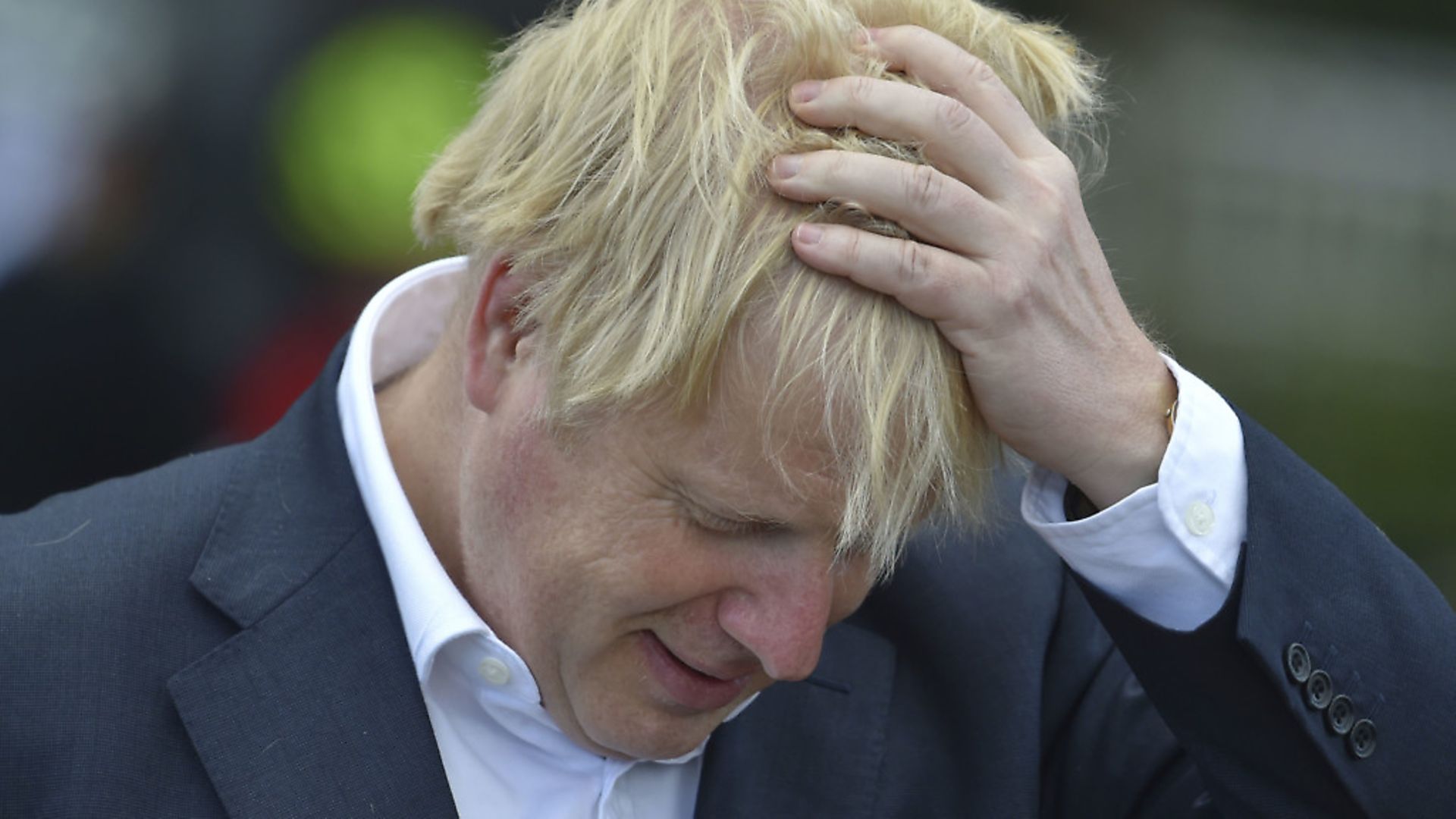
A study into the voting habits of Britons living abroad has shown that a large number of Tory voters cast their ballot for other parties during the 2019 general election.
In a survey 3,200 British ex-pats by the University of Sussex, up to two thirds of overseas Tory voters admitted backing either Labour or the Liberal Democrats.
Researchers fear this could see the Tories ditch a pledge to abolish a rule under which Britons living abroad lose the right to vote after 15 years outside the UK. Up to 3.5 million ex-pats currently live overseas.
Paul Webb, professor of politics at the University of Sussex, said: ‘We discovered that Brexit has had a significant impact on realigning the support of EU-based expatriates away from the Conservatives and towards Labour and the Liberal Democrats.
‘The implications of a hard Brexit were clearly of great concern for many British expatriates living in the EU, who feared they would lose reciprocal rights that EU member-states accorded to their citizens living in other EU countries.
‘The Europhobia of a growing part of the Conservative Party, and the willingness of the leadership to bend their policy to accommodate it, seems likely to have undermined the electoral appeal of the party to Britons living in the EU.’
Dr Susan Collard, a senior lecturer in European Studies said it was ‘no surprise’ the Tories decided to withdraw their support.
She said: ‘There would seem to be little or no future partisan advantage for the Conservatives in extending voting rights to all British expatriates, unless they are able to mobilize a new potential electorate beyond the EU as part of the drive to build a new ‘Global Britain’.
‘However, their arguments in favour of extending the overseas franchise have always fore-fronted issues of principle rather than pursuit of electoral gains. That position will now be put to the test.’
Researchers surveyed ex-pats immediately after the 2019 general election using Facebook and contacting people involved in EU citizenship rights groups such as British in Europe.
They found that the Conservatives suffered a catastrophic drop in a share of the vote from a fifth in 2015 to a sixteenth in 2019. Fears over Brexit, researches said, influenced voters’ choices.
Many Remainers defected to Labour or the Liberal Democrats with fewer than one-fifth of Remainers who supported the Conservatives in 2015 voting for the party again in 2019.
This, the researchers note, signals a change from the traditional stereotype of British ex-pats as being disproportionately affluent Conservative voters. Studies of the 1992 election showed that nearly 80% of overseas registrations were in Conservative-held constituencies and estimated that 60-65% of the overseas vote went to the Tory Party.
‘Britons abroad have begun to emerge as a potential force in UK politics, demanding voting and citizenship rights which have been the subject of parliamentary debates,’ Prof Webb noted.
‘But the relative weakness of parties abroad is a reflection of the institutional context of UK general elections where there are no reserved constituencies at Westminster for expatriates, unlike in France, Italy and Romania.’









